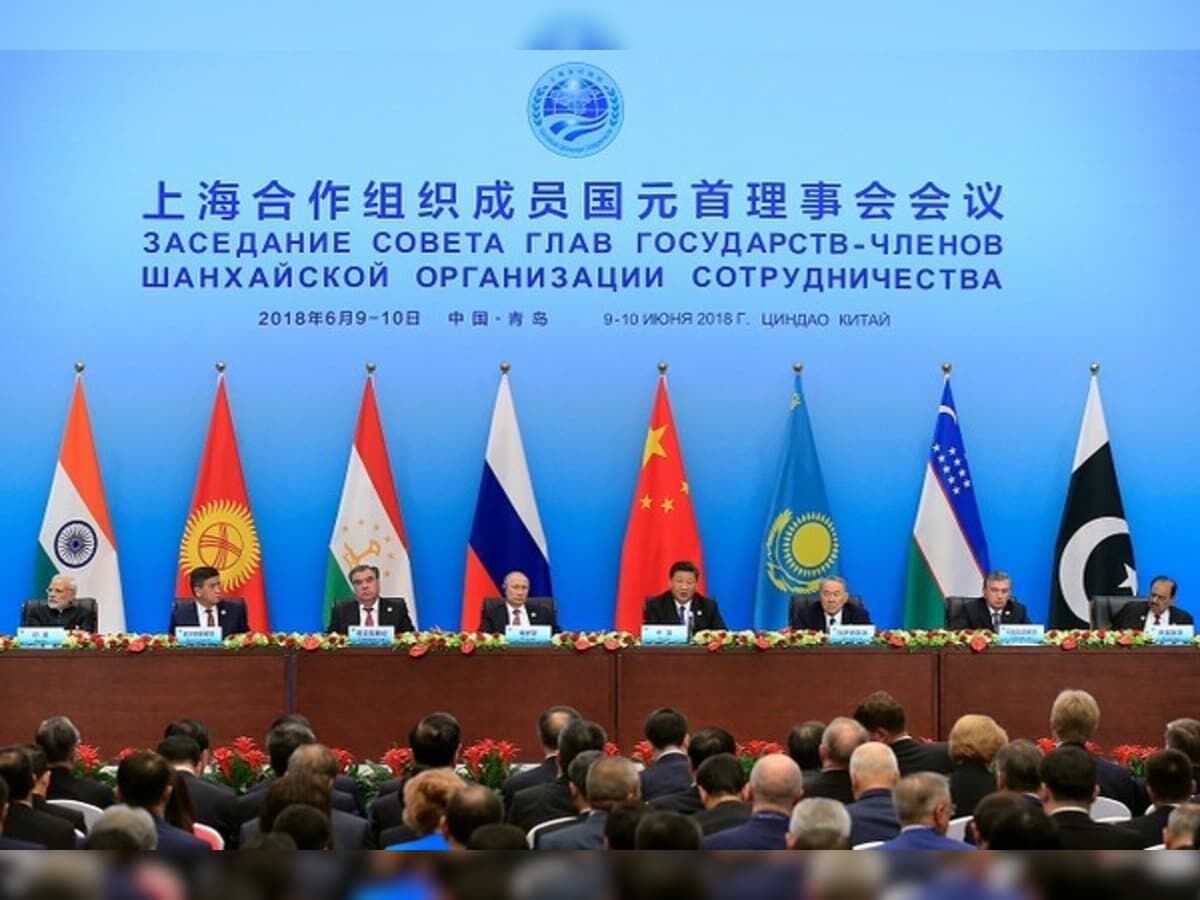Ahead of the curve

India and China verified the withdrawal of troops from Patrolling Point (PP) 15 in the Gogra-Hot Springs region in Ladakh on Tuesday. The long-awaited disengagement came as a surprise move, and analysts cannot stop themselves from correlating the development with the upcoming Shanghai Cooperation Organisation summit in Samarkand. Founded in 2001 at the initiative of Russia, China, Kyrgyzstan, Kazakhstan and Tajikistan, the organisation expanded its footprint with the inclusion of India, Pakistan and Uzbekistan — and is now all set to be joined by two powerful Central Asian countries, Iran and Belarus. With this broadened ambit, SCO will emerge as a more formidable force. From geopolitical considerations, SCO is loosely seen by many as an antithesis of North Atlantic Treaty Organisation (NATO) — though it doesn't hold as much sway. NATO is dominated by the United States and SCO consists of members — including Russia, China and potentially Iran — that are seen as strong adversaries of the US. Now, where does India stand in the entire picture? Lately, as India had abstained from castigating Russia in the wake of the Ukraine war — despite US' and Western pressure — it was guessed that India is resorting back to its long-held non-alignment approach. This, however, has not been the case. India's new foreign policy appears to be guided by an altogether different approach of interacting with all parties on both sides of the divide in pursuit of national interest. Contrary to the sense of passivity inherent in the non-alignment approach, activism and dynamism are the defining features of India's new approach. India has perhaps shown to the world that it can sustain its association with both SCO and the Quad — though they have altogether polar characteristics. At the same time, if the surprise disengagement in Eastern Ladakh has anything to do with the SCO meet, then it can be seen as China's acknowledgement of India's relevance in the grouping. Both China and Russia must be eyeing to ensure a stronger outlook of the grouping at a global stage. For India, the negotiations at the meeting can possibly broaden the gateway to oil-rich Central Asia. Particularly, Iran — which will be there with an observer status for the time being — is keen on India to restore the import of Iranian crude oil. Notably, following the US' threat of sanctions, India had restricted its oil import from Iran. Now, with the US itself re-negotiating the restoration of JCOPA with Iran, there is little reason for India to ignore Iranian requests. India's spirited participation at the SCO summit is an assertion that India is not bound by limitations. Opportunities are galore at the SCO meet and so are the challenges. The Chinese Communist Party, which is set to see its Congress meeting in November, has perhaps understood its limitations when it comes to making investments and granting loans in foreign lands. Still, a large part of Central Asia is reeling under Chinese debt. Countries from the region are even transferring lands and mining rights to China as they fail to repay the debts. However, the Central Asia region is too big for Chinese ambitions, and India should start looking for areas of strategic interest. For instance, inclusion of Iran in the SCO may facilitate better utilisation of Chabahar port for India — boosting its International North South Trade Corridor. Among the major SCO countries, Russia's interests are mostly non-conflicting with that of India. China, for its own set of reasons, appears to have toned down its rigour. Pakistan is also in a low mood as it grapples with massive disaster-related and economic challenges. However, SCO as a whole is expanding. It can be seen as an instance where the countries are keeping the group above narrow inter-nation competition. Amid all this, India has a great chance to consolidate its relevance in the grouping. Credit must go to India's robust foreign policy for the manner in which it has been balancing between the East and the West. Barely a few months after attending the Quad summit, India is ready for the SCO summit — without even a trace of uneasiness. Undoubtedly, India is keeping itself ahead of the curve.



